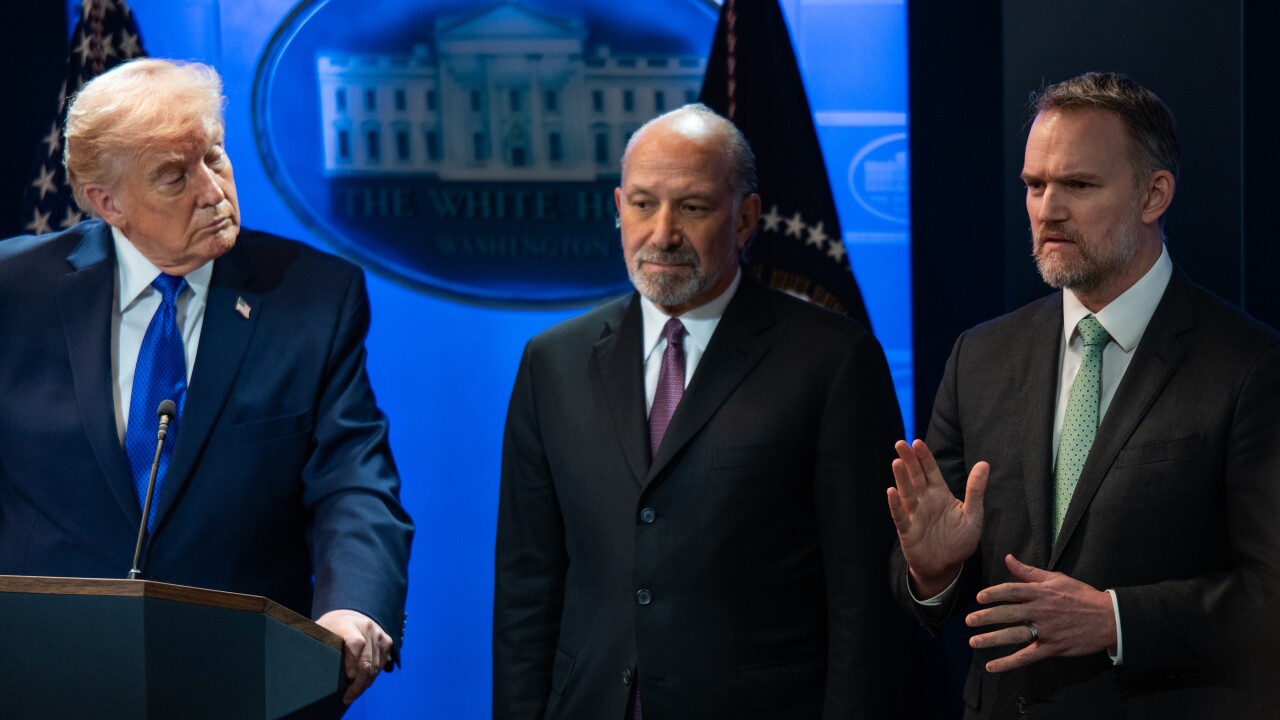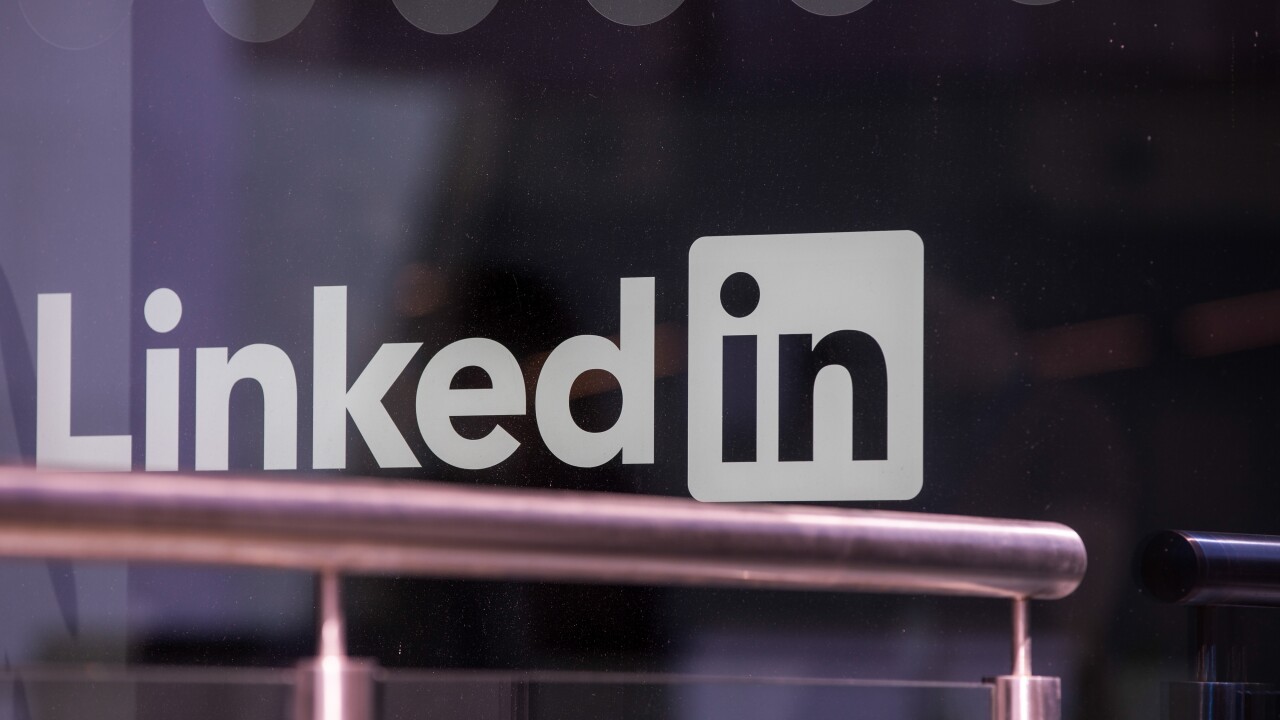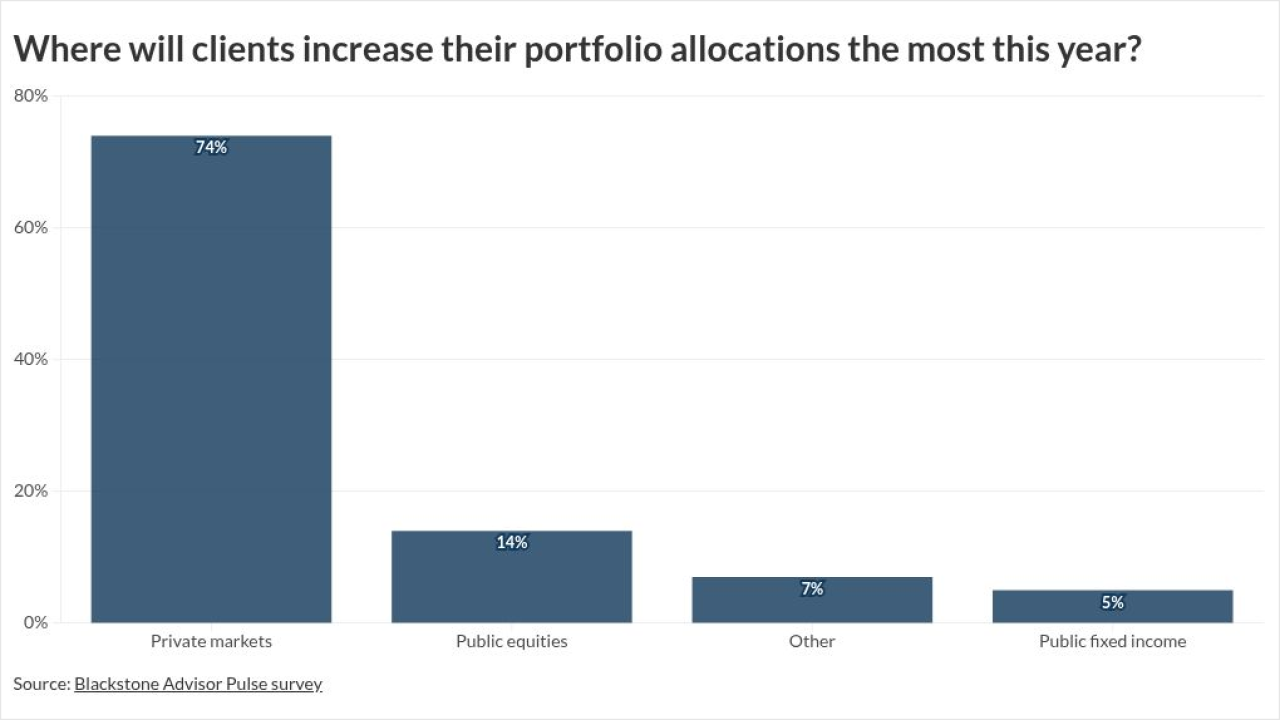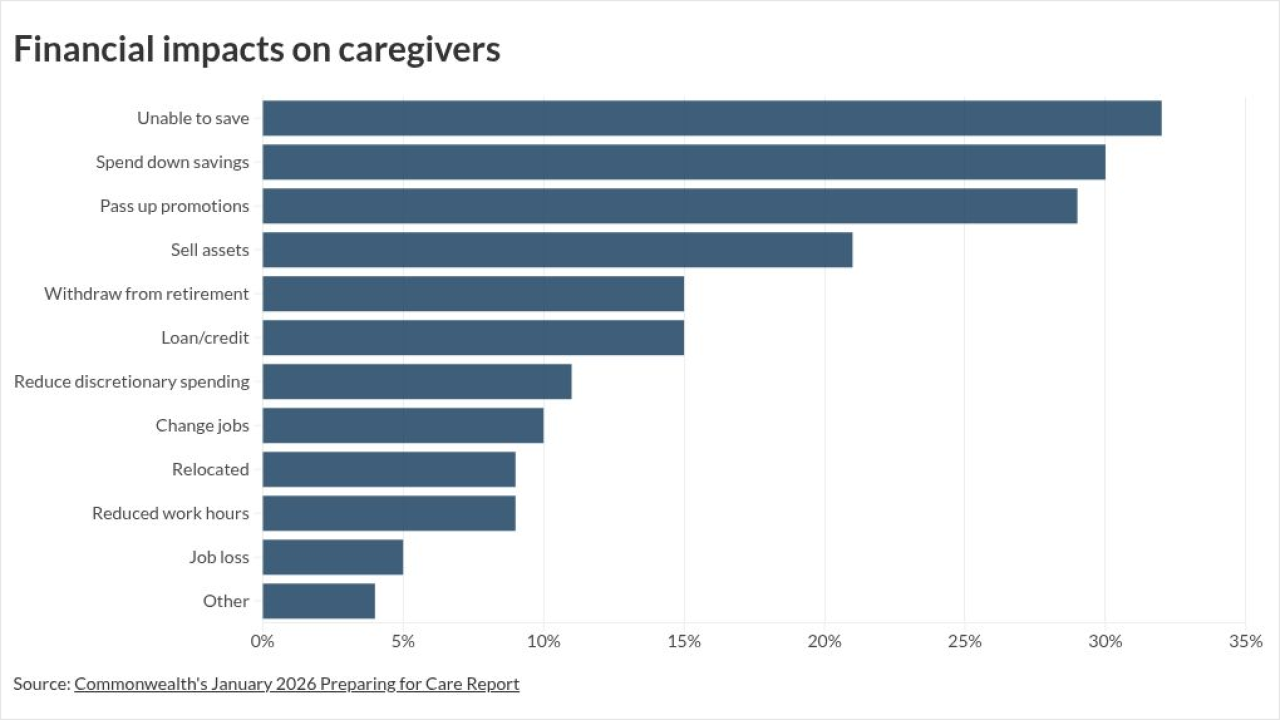The current economic recovery, while slow, is on track. Fiscal cliff fears have been grossly exaggerated, to the detriment of investors and planners. And sometimes theres an upside to a modest recession.
These were among the comments made by Raymond James Executive Chairman Tom James in an
Sometimes even if you have a slight recession its better, because you take the bad medicine and get it out of the way and get on to healthy growth, said James, who is also a CFP, at one point.
RECOVERY SLOW, BUT REAL
Before the recovery began in March 2009, James said, so much damage had been done to the global economic system that it has taken a long time to recover.
Needless to say, he continued, thats impacted the psyche of all consumers across the globe. So they havent really been aggressive in terms of getting back into the economy and spending money.
However, he said, there are signs that the recovery is real and durable. The housing market appears to have finally hit a bottom and is showing signs of renewed activity. Numbers in the auto industry have improved, Americans are returning to the workforce and some U.S. manufacturers have begun to pull their operations back home.
Wages in China and India are up a lot from where they were a decade ago, James said, explaining the return of some U.S. manufacturers.
MESSAGE TO FEDS: BACK OFF
The best thing the U.S. government can do now to help the recovery along is to stop trying to stimulate it, he cautioned.
I would actually tell you that the real concern is the government is now operating at around 25% of our GDP, he said. Thats not healthy. It should be at 22% or 23% max. Its very important that we reduce the size of government to let the free enterprise system of American business take over and become the engine of growth for the United States.
In referring to rules like Dodd-Frank, he said, The government has enacted all kinds of rules to punish the innocent ... because the firms that really survived quite well didnt cause the problem, [and] are having to undergo a lot more cost, and that has influenced their own confidence in the future and so they are not spending money as readily as they would normally, James said.
BLAMING THE PRESS
The longtime leader of the financial services giant said he remains angry at the media for fanning fear about the countrys economic situation.
"I hate the press for exaggerating all of this for the impact on the viewer, James said. It just drives me crazy.
Instead, he said, he prefers to focus on the many positive attributes of the economy.
The amazing thing about the American economy is all these entrepreneurs and what they do is they still strive to, once theyre built their assets and built their cash in the bank, after a time like this, to try to figure out ways to grow and meet the needs of consumers and investors out in the marketplace, James said. And as a result, you know, things start growing again and pretty soon everyone gets a little tired of being negative all the time and youll see the consumers reinforce that.





